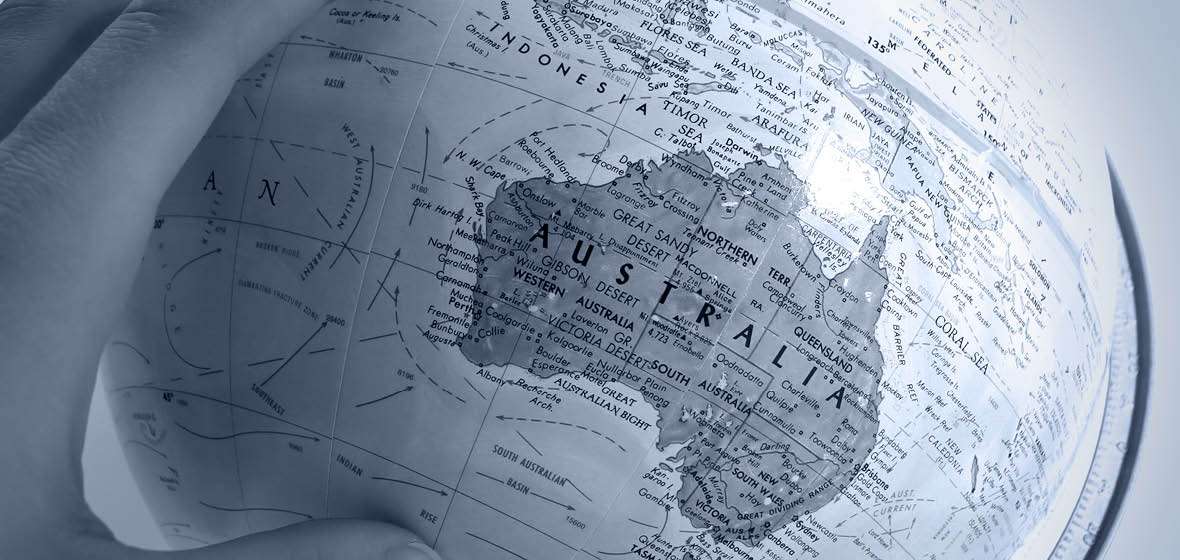Australia is the only democratic country without a comprehensive national human rights law. Even non-democratic nations have a charter or bill of rights, excepting only Vatican City (a theocratic monarchy) and Brunei (an authoritarian sultanate with a record of human rights abuses).
The fact that nations such as Burma, Libya, Yemen and the Central African Republic possess a charter of rights does not mean human rights are better protected there than in Australia. A more useful comparison is to look at how rights are protected in nations with like political traditions and economic resources – countries like Canada, New Zealand, the United Kingdom and the United States. And when making such comparisons, it must be borne in mind that a charter of rights is only one factor in how well human rights are protected, and only a legal measure at that. Other features of a society also matter a great deal, such as its culture and wealth, and the willingness of its leaders to uphold and respect basic freedoms.
Yet there is no getting away from the unsettling observation that among democratic countries, Australia and Australia alone has taken no national measure to protect human rights. This remains the case even though we have ratified the International Covenant on Civil and Political Rights and the International Covenant on Economic, Social and Cultural Rights. In doing so, we agreed to make them part of our domestic law.
In the absence of comprehensive human rights protection, breaches of human rights in Australia have become disturbingly routine. For instance, concerns have been raised about whether human rights are adequately protected in the wake of reports of mistreatment of juvenile detainees at the Northern Territory’s Don Dale Youth Detention Centre, the endemic issue of elder abuse across the nation, and the startling prevalence of modern slavery in Australia: each of which has now prompted federal inquiries.
There are still many more human rights issues that have not moved the government to act, such as the treatment of asylum seekers at regional processing centres, which a UN Special Rapporteur described in June as “cruel, inhuman and degrading”, or the inexplicable jailing of people charged with crimes for which they are deemed unable to stand trial because they suffer from mental illness, sometimes for up to 10 years.
Nor are individual breaches of rights the whole issue. Often, and increasingly since 11 September 2001, our laws themselves impact upon human rights. For instance, in 2016, the Chief Justice of the New South Wales Supreme Court, Tom Bathurst, found 52 examples of laws in that state alone that impinged on the presumption of innocence. Another 2016 study which surveyed the statute books of the Commonwealth, states and territories found 350 current laws that infringe democratic rights, such as freedom of speech. As stated by the outgoing President of the Australian Human Rights Commission, Gillian Triggs, Australia’s human rights record is “regressing on almost every front”.
While the international human rights covenants have not been implemented nationally in Australia, the International Covenant on Civil and Political Rights forms part of the law of two jurisdictions: the Australian Capital Territory with its Human Rights Act 2004 and Victoria with its Charter of Human Rights and Responsibilities Act 2006. Recent reviews of each Act reveal they have enjoyed success.
For instance, a report published by the Human Rights Law Centre collected 101 case studies where Victoria’s charter had had a positive effect. In one case, a man with an intellectual disability was able to invoke the Victorian charter to get an order moving him from a prison, in which his condition had been deteriorating rapidly, into 24-hour care in a residential unit. In another case, an elderly woman living in a nursing home was able to receive more visits from her daughter, because an order that had restricted those visits just to weekend nights was found to breach the mother’s human rights.
Despite the positive impact of the charters of rights in Victoria and the ACT, the closest that Australia has come recently to enacting a national charter of rights was from 2008, when Australia embarked upon a National Human Rights Consultation. The inquiry was the most extensive of its kind in Australian history, with the committee hosting 66 community roundtables in urban, regional and remote locations around the nation, holding three days of public hearings, and receiving more than 35,000 written submissions, of which 87 per cent favoured a national charter of rights.
The final report released in October 2009 contained 31 recommendations, including that Australia adopt a national charter of rights. Instead of accepting the recommendation to enact a charter, the Rudd government decided to proceed with a weaker model establishing a parliamentary committee to routinely report on human rights issues raised by proposed legislation. Its impact has been lacklustre, and has coincided with the making of a long list of federal laws that breach democratic freedoms such as freedom of speech.
Against this backdrop, there are many who argue that the time has come for Australia to adopt a national charter of rights. The idea has been steadily gaining traction, particularly at the state and territory level, with the Queensland Government recently announcing that it would enact a human rights act based on the ACT and Victorian models. There are also pushes for NSW and Tasmania to adopt such legislation.
It is a strength of Australia’s federal system that states and territories have led the way on better protecting human rights in the face of federal inaction. Yet even if every state and territory were to adopt a charter, there will still be a large area of federal activity where important human rights receive little or no protection. As a country that aspires to be a world leader in protecting the rights of its people, national action is required.




